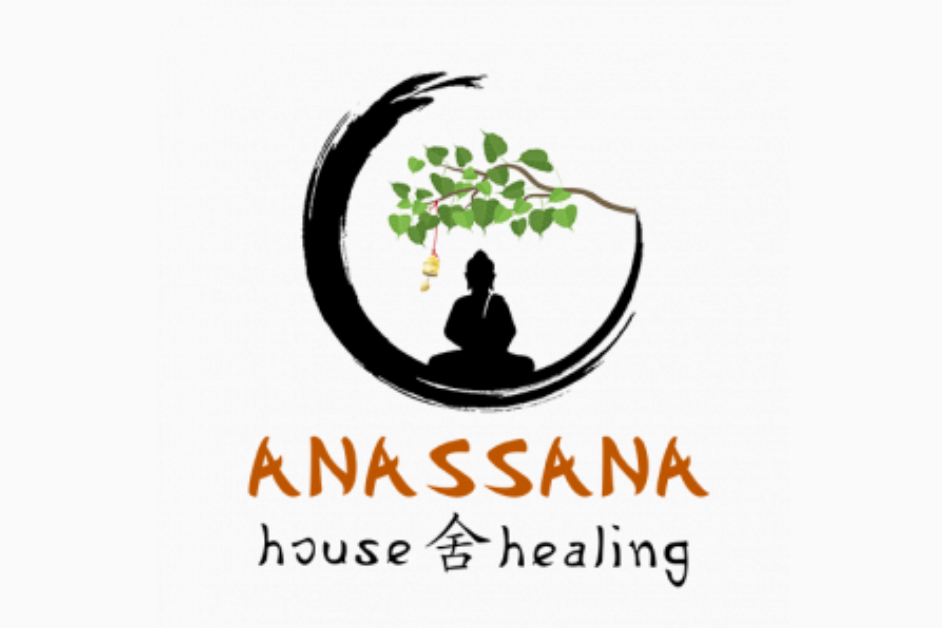Reflexology is often seen as a preventive health practice that helps maintain overall well-being by balancing the body’s energy through reflex points on the feet, hands, and ears. Here’s how it works as a preventive approach:
- Stress Reduction: Reflexology reduces stress, which can lead to various health problems. By promoting relaxation, it helps prevent stress-related illnesses like heart disease and sleep disorders.
- Balancing Energy: Reflexology stimulates reflex points to restore balance to the body’s energy flow, helping prevent issues caused by energy blockages.
- Improved Circulation: Reflexology improves blood circulation, which is vital for transporting oxygen and nutrients. This supports cardiovascular health and helps prevent circulatory issues.
- Immune Support: Reflexology strengthens the immune system by promoting balance in the body, potentially preventing infections and illnesses.
- Detoxification: Reflexology aids in detoxifying the body, helping eliminate toxins that could lead to health problems over time.
- Mental Well-Being: Reflexology promotes relaxation and mental clarity, reducing stress and improving mental health, which in turn supports physical health.
- Body Awareness: Regular reflexology helps you become more aware of your body, allowing for early detection of imbalances and preventing potential health issues.
While research is still growing, many people use reflexology alongside other preventive health measures like diet, exercise, and medical check-ups. It’s always best to consult with a healthcare provider before starting reflexology as part of your routine.







